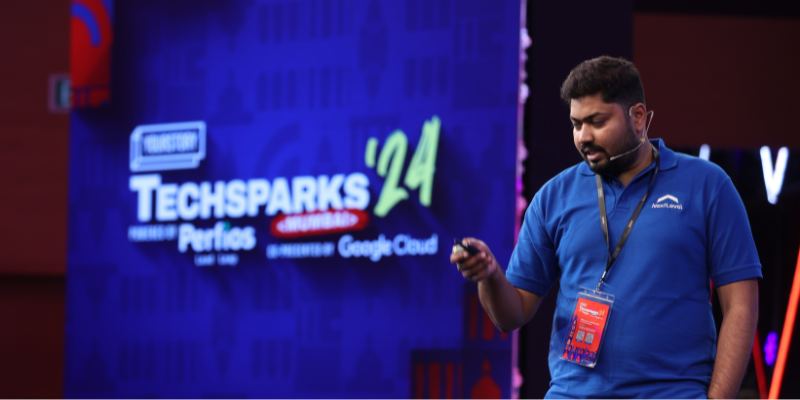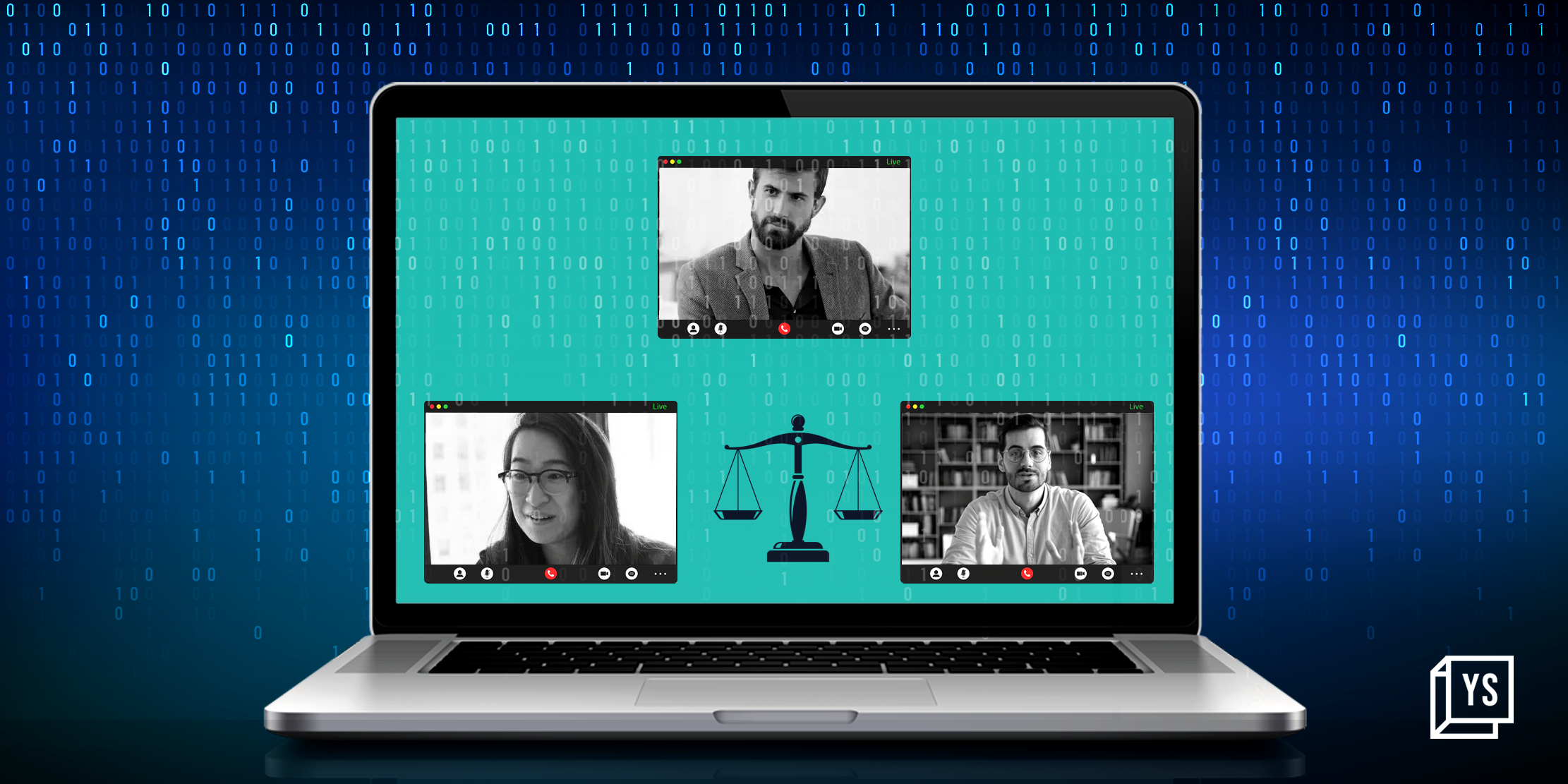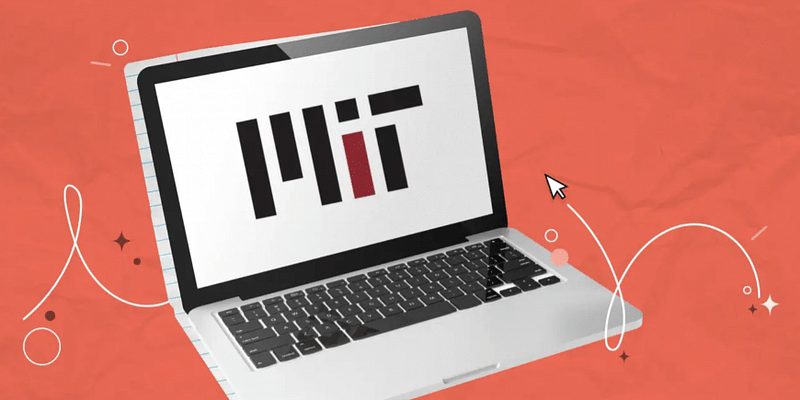Do millennials and their employers really want different things?
I stand by everything that George Orwell had to say about inter-generational conflict. Among other things, he said “Each generation imagines itself to be more intelligent than the one that went before it, and wiser than the one that comes after it.”
This is why we have spent a good part of the last decade pontificating how different millennials are, as employees and consumers. But a closer, more thoughtful and analytical look reveals that there is more hype to this than truth.

Image: Shutterstock
The only thing that truly differentiates millennials from the previous generation is the time that the former was born in. The millennial employee’s frame of reference is different. We had access to the internet while still in school. Liberalization came around when some of us were still in school or holding college debates about the strengths and weaknesses of open markets. Liberalization brought more choices – from our denim brands to employment choices. Together with technology, it turned millennials’ personal and professional lives on their heads.
Somewhere down the line, we started fitting these differences into the usual frameworks of inter-generational conflict. We labelled the millennials and made them a challenge that employer must “contend” with. Millennials have more choice, so they don’t waste their time with employers who have nothing in return for them. That is neither narcissistic nor entitled - the two most abused adjectives used to describe millennials. It is only about having a choice in the matter.
There is also technology that has almost reduced the role of daily card swiping and physical attendance to just unnecessary workplace constructs. Now, there is high speed internet in every home. Communication technologies, WhatsApp work groups, and video streaming and collaboration tools abound. The platforms where millennials work and collaborate have changed but the very basic disciplines of inter-team collaboration and seamless communication are still old news. Employers have been putting attributes like “collaborative”, “self-starting”, and “independent” in their job listings. It is safe to say that these employers have been looking for these hyper clued-in, self-learning, independent millennials for years now. They are the ones who embrace the evolving nature of work whole-heartedly. They are independent to the point of finding their motivation, guidance, and even technical know-how and best practices online without the need of a supervisor at all times.
At the same time, employers have always been high on self-motivated professionals who want to learn and grow with the company. All recent research papers and studies about millennials point in one direction – millennials want personal and professional growth much more than paycheques, office parties, and snooker tables.
When observed closely, both employers and their millennial employees now have the same basic need - constant modernization and evolution, closely integrating technology in our styles of working, and far more independent learning and delivery at the workplace. What employers have at hand today is far from a challenge. There may be new demands for increased flexibility and openness from millennial employees; industries are evolving constantly too. And yet, there are many goals and priorities that employers and their millennial employees have in common. The sooner both parties see this, the faster they will be able to create win-win scenarios.
Millennials also get a bad rap from supervisors and employers alike for being lazy and narcissistic. I suspect this is because it is harder to make millennials fall in line with a firm hand.
What gets labelled as ‘lazy’ is often just quick problem solving without unnecessary red tape and pontificating. It is a generation that did its college assignments using Google. It did not need to put in the hard work of sifting through hundreds of books in the library. If they can bring this quick problem solving to the workplace, they are actually helping employers save precious man-hours.
What gets labelled narcissism is often just individualism. Every industry is at crossroads today. From media to advertising, law to corporate governance and reputation are all in a state of flux, thanks to the demands laid on them by a continuously evolving world. Employers need fresh ideas and perspectives to shape the future. An individualistic workforce that doesn’t “fall in line” and instead, values its own fresh ideas and perspectives can be a significant differentiator for forward-thinking organizations.
Clearly, the priorities of employers and millennials are more or less aligned if the two parties stop judging each other and instead, listen closely to what is said between the lines. As the old cliché goes, the more things change, the more they stay the same. And that holds true for the millennial workforce too!
Read Also: How to ensure your millennial employees thrive in your organisation











